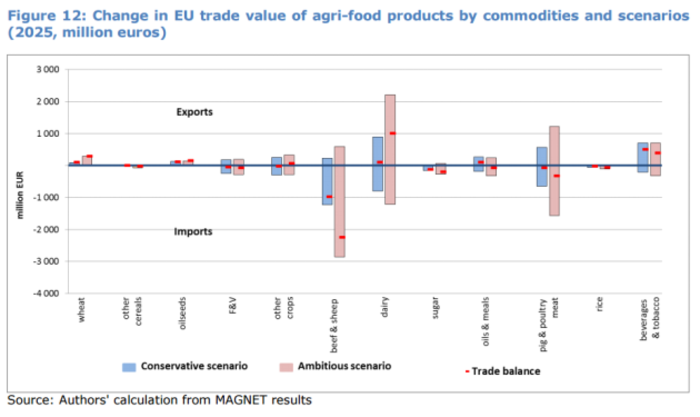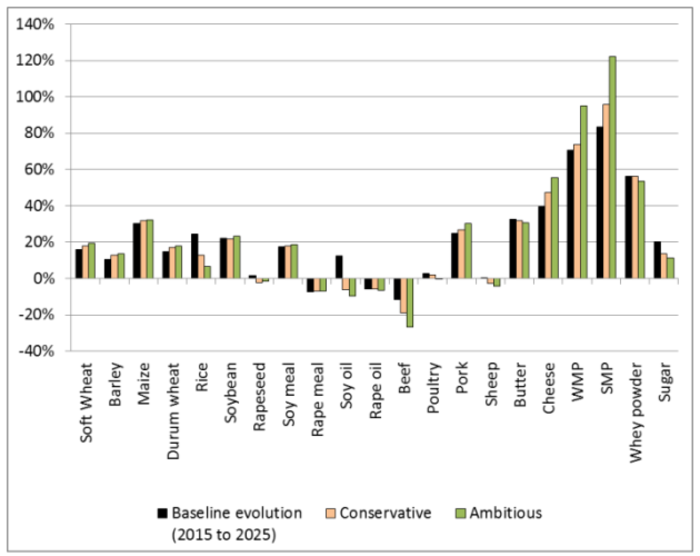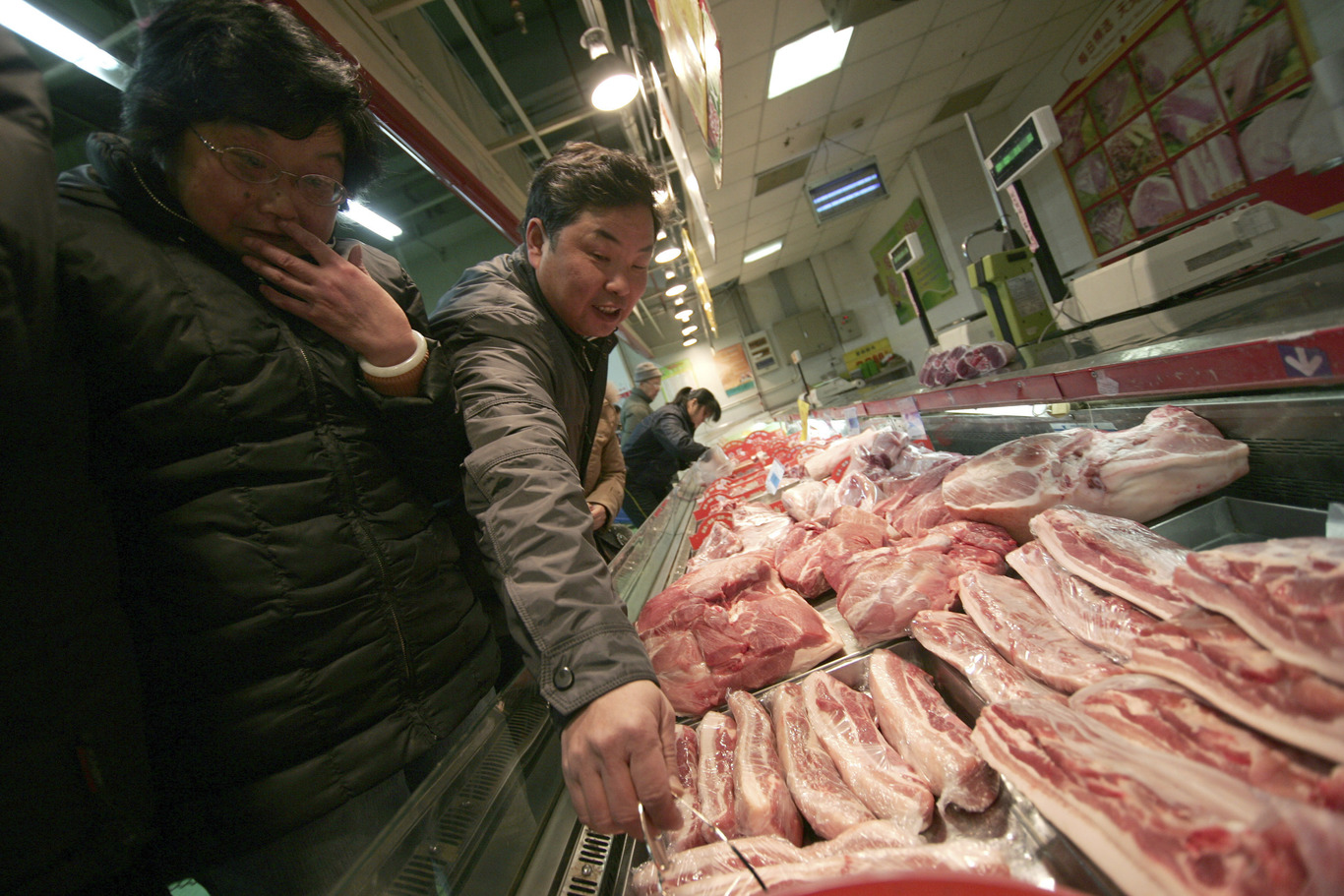The EU's pending free-trade deals are expected to hit the beef industry hardest
But a new EU study said agreements like the controversial TTIP will be positive for the dairy sector.
A NEW STUDY from the European Commission says the beef sector will take the biggest hit under upcoming free-trade deals - but the dairy sector looks set to prosper.
The results of the study, which looked at the potential effects 12 future free-trade agreements, including the controversial TTIP deal with the US, could have on the agri-food sector, were presented to all EU agriculture ministers today.
It has been predicted that the beef sector will be affected by a dip in producer prices as more imports flood EU markets, while the dairy and pig-meat sectors were expected to see significant gains.
EU commissioner for agriculture Phil Hogan said although a lot of stakeholders in the agricultural industry have complained that international trade agreements could be harmful, the effects on the European agri-food sector are expected to be “broadly positive”.
However, Hogan also said that due to the negative forecasts for beef, countries in the Mercosur bloc, which includes Brazil, will need to change their expectations as to how much beef they can import into Europe.

He added that since the 12 trade agreements assessed by the study are still under negotiation, the study is not a prediction on how the finalised deals will affect countries within the EU.
Concerns
Irish farmers have previously staged protests at the prospect of a trade deal being struck between the EU and the Mercosur bloc of South American countries.
Earlier this year, the Irish Farmers’ Association said the trade deal would be “unequivocally negative for Irish and European agriculture” and would be particularly harmful to Ireland’s beef sector.
Minister for Agriculture Michael Creed today said Ireland “supports trade liberalisation … however such agreements must be balanced and must serve both our offensive and defensive interests”.
He said the findings on beef, in particular, were a “salutary reminder of the need for great caution” in negotiating the deals.

Click here for a larger version
In the study, the European Commission predicted that nearly €3 billion in extra beef and sheep products would be imported into the EU in 2025 if ‘ambitious’ free-trade deals were struck across the board.
Those extra imports would help cause a more than 20% drop in the total production value of beef in the EU over the coming decade.
Dairy imports are also expected to increase significantly from currently low levels, but the study added that better export opportunities for EU farmers due to easier access to various free-trade agreement countries is expected to more than counteract the increased competition.

Click here for a larger version
The production value of whole milk powder could nearly double during the next 10 years, although there were expected to be major gains for the sector even in the baseline scenario – which only includes forecasts for deals already implemented.
European Commission vice president Jyrki Katainen said that the results from the study would allow the commission to identify the agri-food products and sectors in Europe that need more protection in the ongoing trade deal negotiations.





